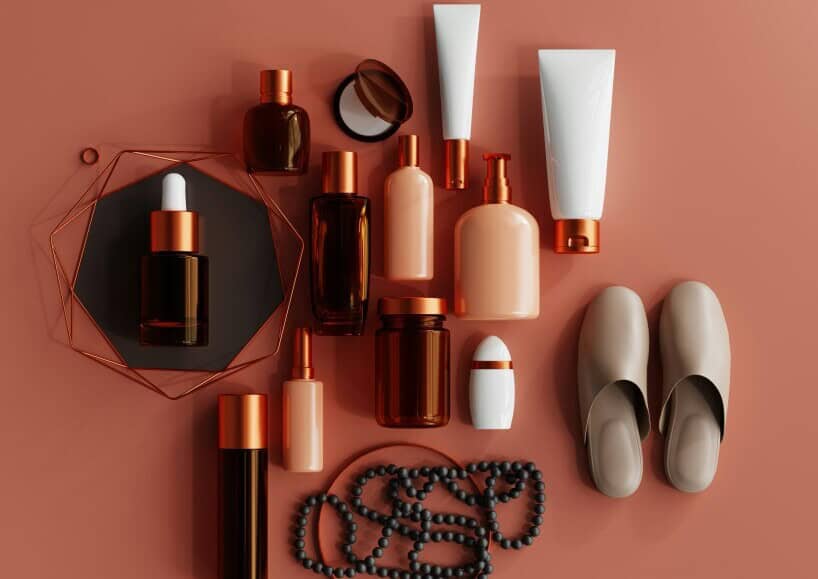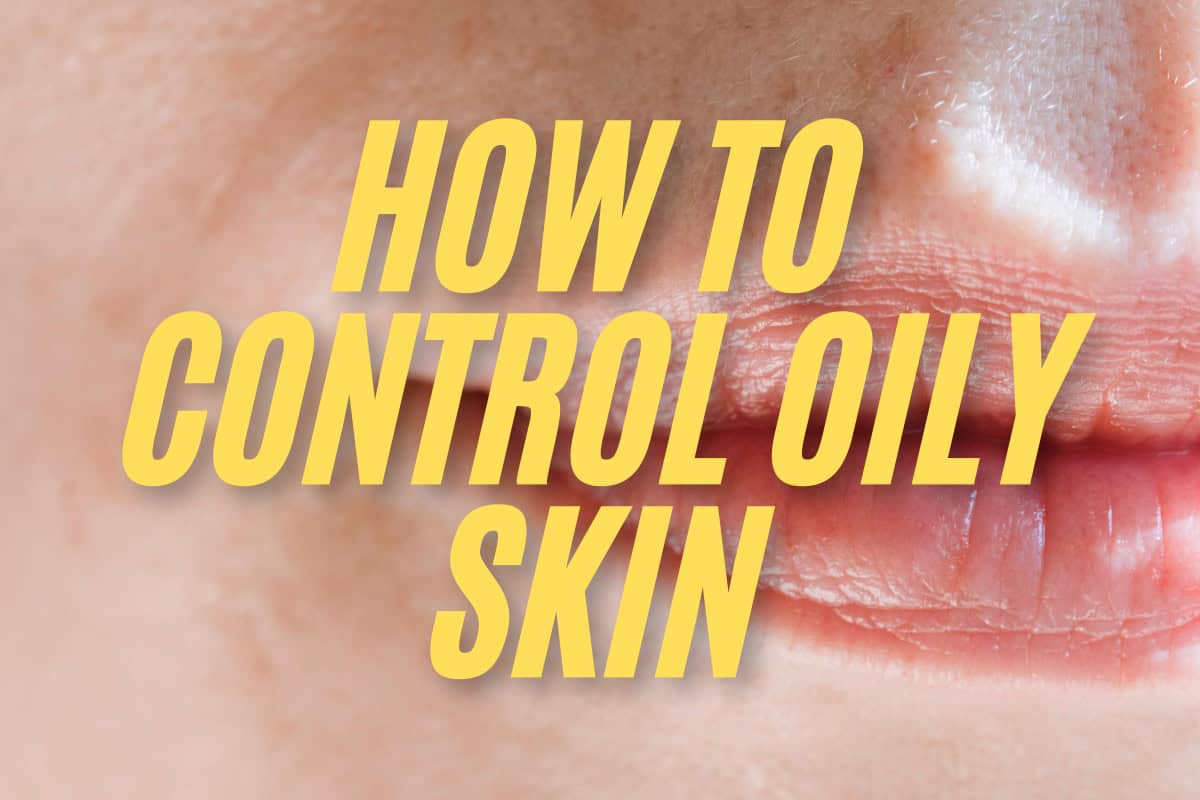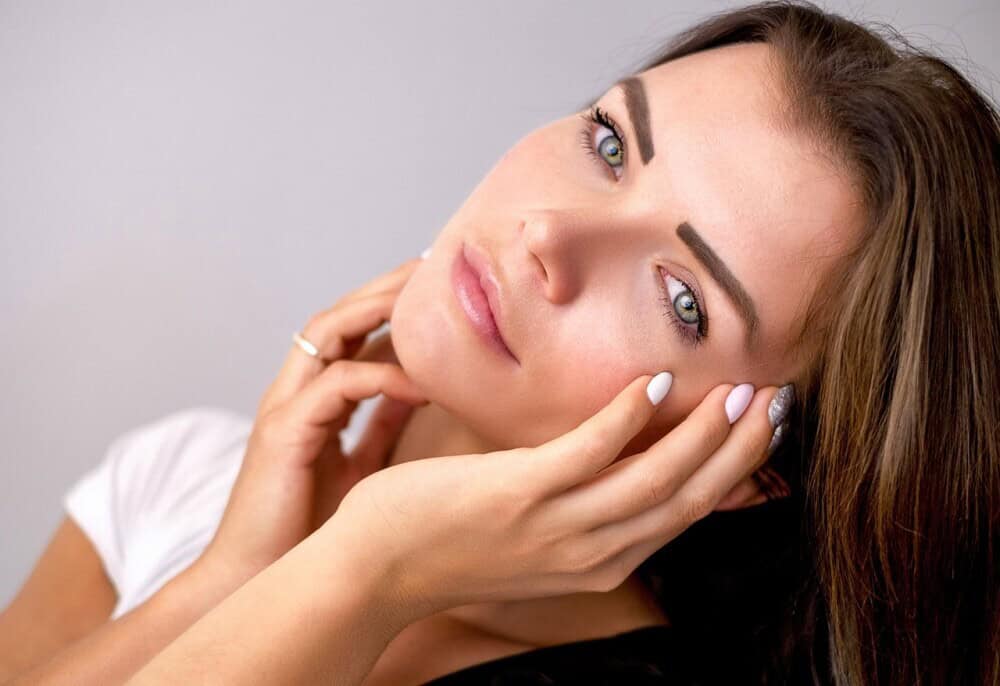Top 10 Skincare Routine FAQs Answered: Expert Tips For Healthy Skin
Taking care of your skin doesn’t have to be overwhelming, but with so much advice, it’s easy to feel unsure where to start. That’s why we’ve gathered answers to the top 10 skincare routine FAQs to help guide you toward healthier, glowing skin. Whether you’re just starting your skincare journey or looking to refine your routine, these detailed answers aim to simplify your process and address your most pressing concerns. We’ll dive into common misconceptions, provide expert tips, and expand on each question to give you a comprehensive overview. Let’s get started!
To illustrate the importance of a tailored skincare routine, consider the story of Jessie, who struggled with acne for years. By learning about her skin type and choosing products specifically designed for oily skin, she was able to significantly reduce her breakouts. This emphasizes the need for personalized care—what works for one person may not work for another.
As we look at the top 10 skincare FAQs, remember that skincare is a journey, and it’s essential to be patient with yourself. Results won’t happen overnight, but consistency is key. You’ll notice improvements over time by incorporating the right products, maintaining a balanced diet, and staying hydrated. Your skin will thank you for the care and attention you give it.
Skincare is not just about products; it’s about understanding your skin type, lifestyle, and environmental factors. For example, did you know that your skin changes with the seasons? It may become dry and flaky in winter, while summer can bring oiliness and breakouts. This article will guide you through adapting your routine accordingly, ensuring your skin remains healthy year-round.

Top 10 Skincare Routine FAQs Answered: Expert Tips for Healthy Skin
2. How do I determine my skin type?
Identifying your skin type is crucial for selecting suitable products:
- Clean Your Face: Wash your face with a gentle cleanser and pat dry. Avoid applying any products.
- Wait 30 Minutes: Observe how your skin feels:
- If it feels tight or flaky, your skin is likely dry.
- Shiny all over? That’s oily skin.
- Combination skin has an oily T-zone (forehead, nose, chin) but dry cheeks.
- If it’s balanced (not too oily or dry), you have normal skin.
Knowing your type ensures you avoid products that worsen your skin’s condition or clog pores.
3. Why is sunscreen important, and can I skip it indoors?
No, you should not skip sunscreen indoors. Here’s why:
- UV Rays Explained:
- UVA Rays: Penetrate windows and cause skin aging, wrinkles, and dark spots (even indoors).
- UVB Rays: Cause sunburn and skin cancer during outdoor exposure.
Wearing a broad-spectrum sunscreen daily (SPF 30 or higher) prevents cumulative damage. Reapply every 2 hours during sun exposure or after sweating. For indoor settings, you may use sunscreen once in the morning if there’s no direct sunlight.
4. In what order should I apply my skincare products?
The correct order helps products work effectively. Remember: Apply from thinnest to thickest texture:
- Cleanser: Begin with clean skin.
- Toner (Optional): Balances skin’s pH and removes leftover residue.
- Serum: Apply targeted formulas for specific needs (e.g., Vitamin C for brightening, hyaluronic acid for hydration).
- Eye Cream: Dab gently under your eyes to tackle puffiness or fine lines.
- Moisturizer: Lock in products and hydration with a cream or gel-based moisturizer.
- Sunscreen (Morning Only): Finish with SPF 30+ to shield skin for the day.
At night, skip sunscreen and add treatments like retinol or chemical exfoliants.
5. How often should I exfoliate my skin?
Exfoliation removes dead skin cells, allowing products to penetrate better, but overdoing it can irritate the skin:
- Sensitive/Dry Skin: Exfoliate once a week with a mild product like lactic acid.
- Oily/Combination Skin: Exfoliate 2–3 times weekly using BHAs (like salicylic acid) to unclog pores and prevent acne.
Avoid scrubs with harsh physical particles (e.g., ground apricot kernels) as they may create micro-tears in the skin. Stick to chemical exfoliants for gentler results.
6. Do I need separate daytime and nighttime routines?
Yes, because your skin’s needs differ:
- Morning Routine: Focus on protection. Use Vitamin C serum for antioxidant defense from pollution and UV rays, followed by sunscreen.
- Nighttime Routine: Prioritize repair and renewal. Use retinoids (promote cell turnover), a thicker nighttime moisturizer, or a nourishing oil to aid recovery.
Look for products with peptides or ceramides to restore your skin while you sleep—retinol should only be applied at night to avoid sun irritation.
7. What are serums, and do I really need them?
Serums are lightweight formulas with high concentrations of active ingredients that address specific skin concerns. They penetrate deeper layers of the skin compared to moisturizers. Common serums include:
- Vitamin C (AM): Improves brightness, fades dark spots, and protects against free radicals.
- Hyaluronic Acid (AM/PM): Boosts hydration and minimizes fine lines.
- Niacinamide (AM/PM): Reduces redness, minimizes pores, and strengthens the barrier.
- Retinol (PM Only): Stimulates collagen, smooths texture, and reduces wrinkles.
Not mandatory for beginners, but as your routine evolves, serums can target specific issues like acne, aging, or dullness.
8. How can I prevent acne or breakouts?
Acne prevention starts with a consistent routine and gentle care:
- Cleanse Twice Daily: Use salicylic acid cleaners to remove excess oil and prevent clogged pores.
- Exfoliate Regularly: BHAs (salicylic acid) are great for oily/acne-prone skin. Limit frequency to avoid irritation.
- Spot Treatments: Apply benzoyl peroxide or tea tree oil to existing pimples. A prescription may be needed for severe breakouts; consult a dermatologist.
- Non-Comedogenic Products: Ensure all your skincare and makeup are labeled “non-comedogenic” to avoid clogging pores.
- Lifestyle Tips: Wash pillowcases weekly, avoid touching your face, and maintain a balanced diet low in processed sugars.
9. What’s the best way to treat dark spots or hyperpigmentation?
Dark spots need patience and targeted treatments:
- Vitamin C: Brightens skin by inhibiting melanin production. Use in the morning for added protection.
- Niacinamide: Helps even tone and reduces redness. Gentle enough for all skin types.
- AHAs (Glycolic Acid): Exfoliates to fade surface-level pigment. Use at night to avoid sun sensitivity.
- Retinoids: Promote skin cell turnover and reduce spots long-term. Start with a low dose if you are new to retinol.
- SPF Daily: Prevents further darkening of existing pigmentation.
Consult a dermatologist for professional-grade options like peels or laser treatments for stubborn hyperpigmentation.
10. How long does it take to see results from my skincare routine?
Results depend on your skin concerns and product types:
- Hydration: Moisturizers and hyaluronic acid show immediate effects.
- Acne Reduction: Spot treatments and salicylic acid work within 4–6 weeks.
- Hyperpigmentation: Serums like Vitamin C or retinol take 8–12 weeks of consistent use.
- Anti-Aging: Retinoids or peptides need at least 3–6 months for noticeable work on fine lines and wrinkles.
Consistency is key. Avoid switching products too soon, as your skin needs time to adapt.
Understanding and caring for your skin is a step-by-step journey. With these answers to frequently asked skincare questions, you can make informed choices about your routine. Consistency and the right products tailored to your skin type make all the difference. Stay patient and let your skincare routine work its magic! Remember, skincare is not just about looking good; it’s about feeling good, too. Have more questions or tips? Share them in the comments—your healthy skin goals start here!
Amazon is a wonder place to find cheap but excellent Expert Skin Care Products. You can view the options here.





